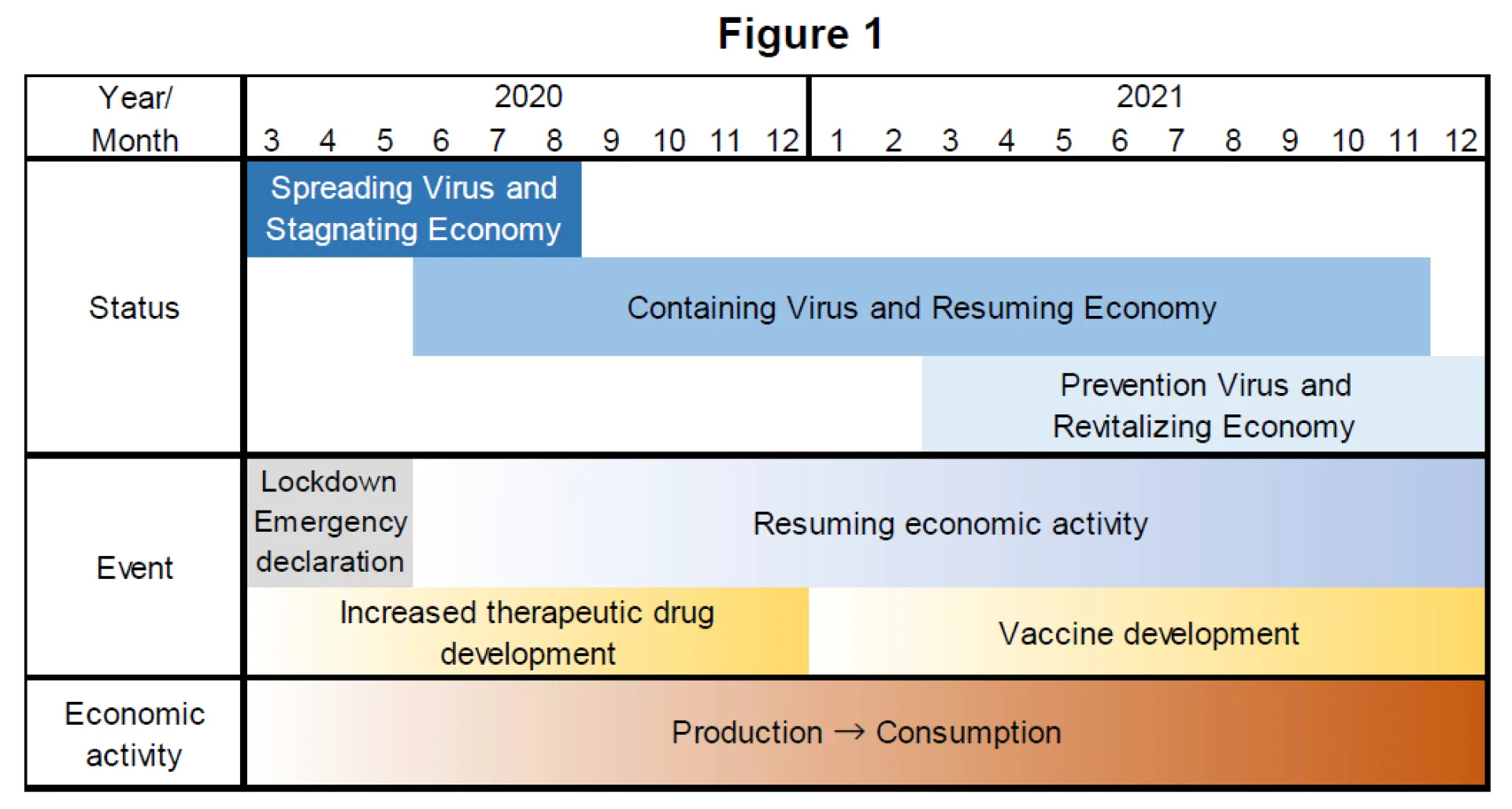
During Phase 1, as people are encouraged to stay at home, online services covering education and entertainment are likely to be the beneficiaries, as well as those that can provide home delivery. In Japan, Oisix Ra Daichi (3182 JP), which offers high quality meal kit delivery service, has seen rapidly increasing demand. Gaming giant Nintendo (7974 JP) has been running short of products due to the uptick in demand for its Switch game consoles. Also, JustSystem (4686 JP), which provides online learning services, is flooded with orders due to school closures.
Moreover, as Japanese medical device manufacturers are known to be some of the best in the world, Nihon Kohden (6849 JP), which manufactures cardiopulmonary bypass devices and ecological monitoring devices, is responding to a significant demand increase. Additionally, manufactures of healthcare goods including Unicharm (8113 JP), Lion (4912 JP), Kao (4452 JP), etc. are all benefiting from the global demand for daily hygiene products.
After Phase 2, the demand for remote working products and services will definitely see a significant increase. In the last few years there has been a move toward increase work style flexibility which has been supported and encouraged by governmental reforms. The pandemic has further pushed this change and it seems to have encouraged corporate managers to consider remote working from the perspective of risk management (disaster/infectious disease countermeasures). As such, the popularity of remote work is expected to proceed rapidly. In Japan, Ascentec (3565 JP) and Net One Systems (7518 JP) which are IT infrastructure constructors, will likely see growth due to in the demand for communication infrastructure development in offices. Also, with the spread of remote work, we believe that electronic signatures, which due to Japanese business customs have seen little taken-up until now, will become popular across the board all at once. We think that this will provide opportunities for growth to Bengo4.com (6072 JP), an e-contract management service provider.
While technology companies that capture such new demand will grow, we assume that major old-fashioned system developers will gradually lose their presence. Although they have strength in their ability to gather many engineers together and develop, it is unclear whether their work style will be able continued after the coronavirus, and the fact that they cannot compete with start-up companies in recruiting human resources in terms of financial benefits and treatment will contribute to their loss of presence.
In addition, we believe that demand will increase for online medical care and drug administration companies, whose regulations are being relaxed amid the corona disaster that requires the avoidance of human contact. As the number of medical workers themselves is expected to decrease due to the progress of an aging society, it is expected that demand will increase not only for hardware such as facilities for online medical care, but also for software such as diagnostic systems that use AI. Many mid to small sized companies are emerging in this area fully utilizing recently developed technologies.
Also, we believe that there is following wind for industries including electronic parts, factory automation (FA) and robot-related products, where Japan traditionally has advantage. Demand for electronic components will remain high due to expansion of data centers and improvement of communication environment, including demand for development of communication environment such as 5G, while digitization and online services are expected to accelerate. In addition, automation of production sites such as FA and robots will not only be a measure to solve the manpower shortage that has been clamoring for a long time, but also reduce the risk of infectious diseases, which was strongly recognized during this crisis. Therefore, it is expected that demand will increase worldwide.
